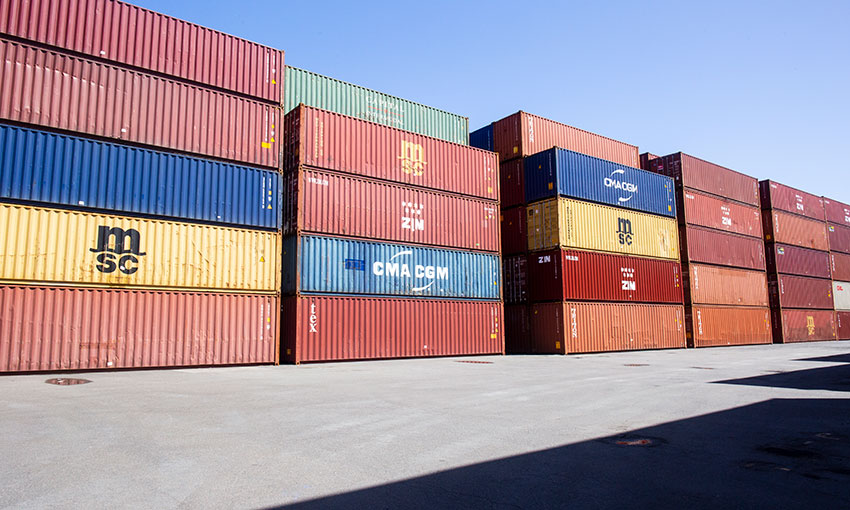Dear Editor,
With reference to the article “New scheme at Port Botany to tackle container problem,” in The DCN of 25 May 2021, Shipping Australia is of the view that the new empty container incentive scheme is rather ill-thought out and displays a staggering level of hypocrisy by the private operator of Port Botany, NSW Ports.
Incentives
Shipping companies are already very highly incentivised to evacuate empty boxes. With freight rates being what they are (see e.g. the data freely published by Freightos), shipping companies have every incentive to get containers back to the centres of world manufacturing for the purposes of being re-stuffed with goods.
Shipping lines are in fact acting on these incentives. Record numbers of empty containers have been evacuated from Port Botany during the course of the pandemic and other disruptions. Sweeper ships have been directed to Australia to evacuate empty boxes and every time this was done it would have been eye-wateringly expensive to do so. Just think about the expenses that would have been incurred, such as fuel and port fees, and think also of the huge opportunity cost of foregone freight.
Lack of consultation
There was zero direct consultation on the introduction of the charge prior to the announcement of the charge. Member lines were simply told that the charge would be imposed from 1 July this year. They were given no opportunity to provide their input to NSW Ports before being told that the charge would be imposed.
Being able to act in such a way is the very definition of a coercive monopolist acting without restraint.
Gross and rank hypocrisy
NSW Ports also conveniently ignores the fact that there are issues that are completely outside of the shipping lines’ control that influence empty container management. However, the private port operator does have influence and control over these issues. There is therefore gross and rank hypocrisy from the private port operator, NSW Ports, in levying this charge.
That gross hypocrisy is further compounded by the passivity of NSW Ports in a wide range matters over the last 24 or so months in which it had at least some influence and in which cargo operations were severely adversely affected.
Melwyn Noronha
CEO
Shipping Australia

